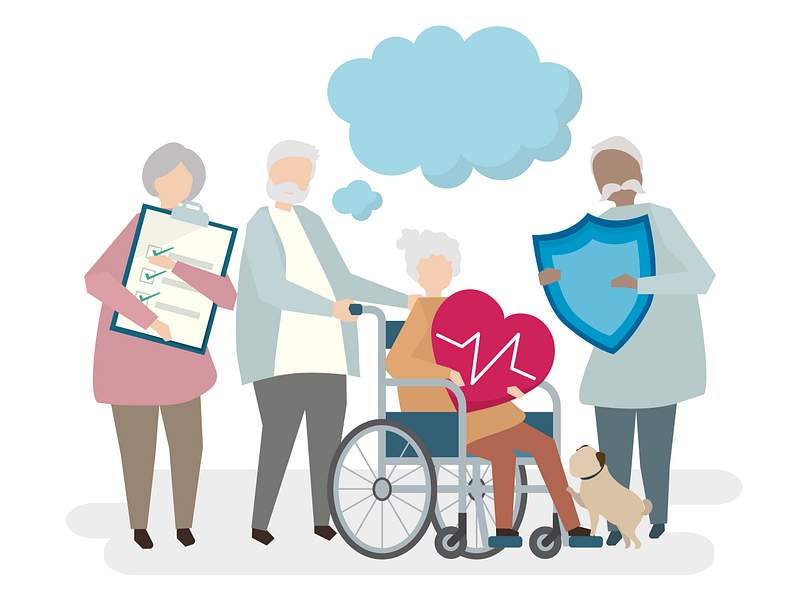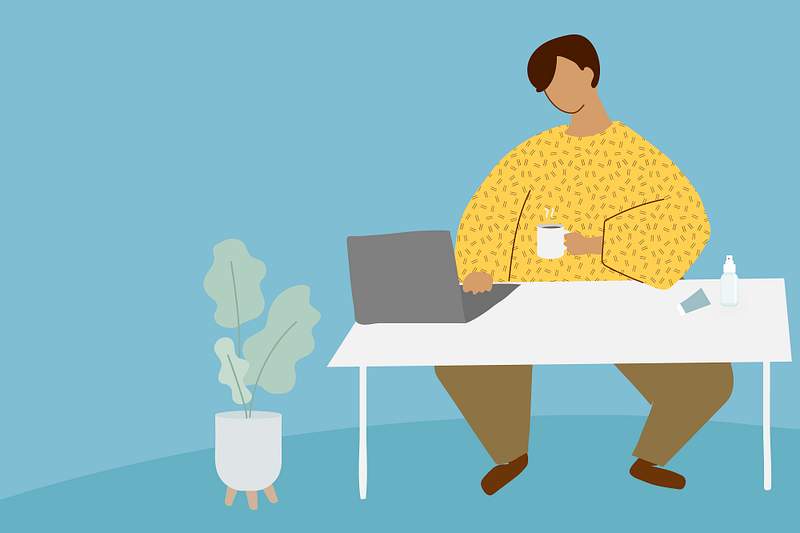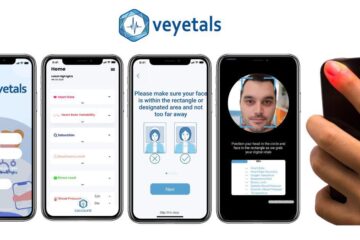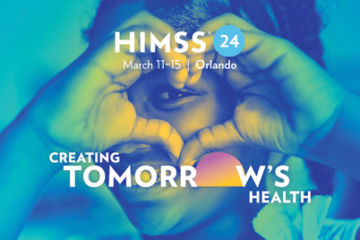
The Problem
In This age of digital transformation, constant innovation, and increasing access to information, it would be safe to assume that one can easily obtain and understand basic health information. However, this is not the reality. In fact, according to ABC Health Literacy, 60% of adult Canadians cannot obtain, understand and act on health information or make decisions about their health confidently on their own. Furthermore, 23% of Canadians find it very difficult to know when and where to seek a professional when dealing with illness. This number greatly increases when looking at the USA. The U.S. The Department of Health and Human Services reports that only 12% of Americans have proficient skills in health literacy.
The problem with low health literacy is the direct effect on health. People with low health literacy are less likely to identify, understand how to take, or the potential side effects of, their own medication. As well as, more likely to misunderstand warning labels on medication as well. There are numerous causes of low health literacy,, even in countries like the United States and Canada where information is generally readily available to anyone. Those with lower incomes, less education, non-native english speakers, and the eldery are less likely to be health literate.

Furthermore, health physicians and professionals, hospitals, governments, and patients all benefit from high health literacy rates. For example, In the United States alone, low health literacy is estimated to cost the economy up to $236 billion per year. Those with low health literacy are more likely to develop illness and disease, and visit the Emergency Room. In Canada, research finds that higher health literacy rates can create over $2000 in savings for a single patient. It is imperative we find solutions to mitigate the problem of low health literacy.
The Opportunity
Recent developments in image processing along with the computing capabilities of smartphones and the cloud have enabled the extraction of an individual’s heart pulsations from pixel changes in video images of human skin surfaces. veyetals, a wellness app developed by MarkiTech (Markitech.AI ™), in collaboration with Queen’s University Computer, Vision and AI Lab, uses a real-time health monitoring system to measure various biomarkers (such as heart rate and heart rate variability, oxygen saturation, respiration rate, mental stress, blood pressure, and temperature) within 90-95% accuracy levels using your smartphone’s camera. veyetals is easy to access, use, and track information on, making healthcare more accessible to at-risk populations without the need for costly medical devices. It’s patient-centric, transformative healthcare solutions like this one, that are the future of telemedicine.
Our History
veyetals tracks and logs patients’ biometrics into the app for care providers and patients alike. You can view patient health data in a weekly or monthly chart, allowing patients to better track and self manage their conditions. Our app also ensures biometrics are readily available for caregivers and physicians to use to improve patient health outcomes.
In-App Integration
Our cloud based, lightweight API allows veyetals to be integrated with the healthcare apps and platforms that matter to you most. The app is interoperable with other healthcare management systems including, but not limited to, SenSights.AI. veyetals drives information sharing with other health management solutions and further enhances the continuum of patient care.
Get early access to our app here!
Follow us on LinkedIn at veyetals for more updates.
Credits: ABCLifeLiteracy, Center for Health Care Strategies, U.S. Department of Health and Human Services



